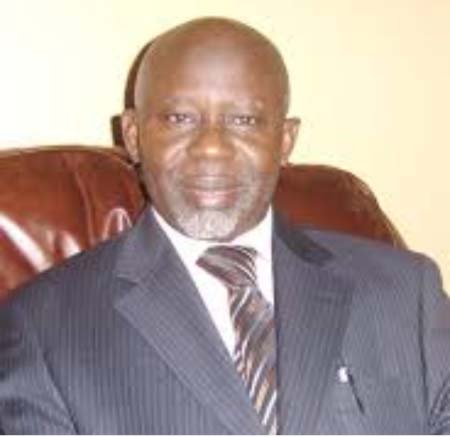
The
Gambia Court of Appeal presided over by Justice A.O. Adegoke, Justice Awa Bah
and Justice Edrissa Mb’ai yesterday gave reasons for granting bail to the
jailed leader of the United Democratic Party (UDP), Ousainou Darboe, and 18
other appellants last Monday 5 December 2016.
The
appellants were Ousainou Darboe, Kemesseng Jammeh, Femi Peters, Lamin Dibba,
Lamin Jatta, Yaya Bah, Babucarr Camara, Fakebba Colley, Ismaila Ceesay, Momodou
Fatty, Dodou Ceesay, Samba Kinteh, Momodou Manneh, Nfamara Kuyateh, Fanta
Darboe, Lamin Njie, Junkuna Suso, Momodou L.K. Sanneh, Yaya Jammeh and Momodou
Lalo Jawla.
Delivering
the lead ruling, the president of The Gambia Court of Appeal, Justice A.O.
Adegoke, said section 12 sub section 1 of the Gambia Court of Appeal Act
provides that the court may grant bail to appellants standing trial.
She
added that the section is silent on the mode of bail, and it is at the
discretion of the court to grant bail or not to grant bail.
In
granting bail, special or exceptional circumstances must be given by the
appellants, she continued, noting that the fact that the appellants constitute
an integral part of the coalition offered compelling reasons to grant bail.
Bail
was granted to the appellants on the following conditions: that all the
appellants except Ousainou Darboe submit their international passport to the
court with one Gambian surety.
Ousainou
Darboe being a lawyer in the jurisdiction was given bail in self-recognizance.
Justice
Awa Bah said the facts submitted by the applicants’ counsel are convincing
enough, and that it is in the public interest to grant bail, as denial of bail
to the appellants was a threat to national security.
Justice
Mb’ai stated that granting the appellants bail was to ensure peace and
stability in the country.
The
lead counsel for the appellants, Lawyer A.A.B. Gaye, thanked the court for the
ruling and informed the court that there was a pending appeal, noting that the
records of proceedings was ready.
He
applied for 30 days to be given to the appellants to enable them file their
brief of argument.
Senior
state counsel A.M. Yusuf informed the court that the state/respondent would
also need 30 days to file their brief of argument.
Furthermore,
lawyer Gaye requested for 14 days to file their brief of argument to reply on
points of law.
Meanwhile,
Justice A.O. Adegoke ordered that the appellants file their brief of argument
within 30 days, and the state/respondent were also given 30 days to file their
brief of argument.
The
appellants were further given 14 days to file their brief upon the receipt of
the state/respondent briefs.
The
matter was then adjourned until 6 March 2016, for adoption of briefs.

